Mucormycosis (Black Fungus) and Plastic Surgery Reconstruction with Cosmesis
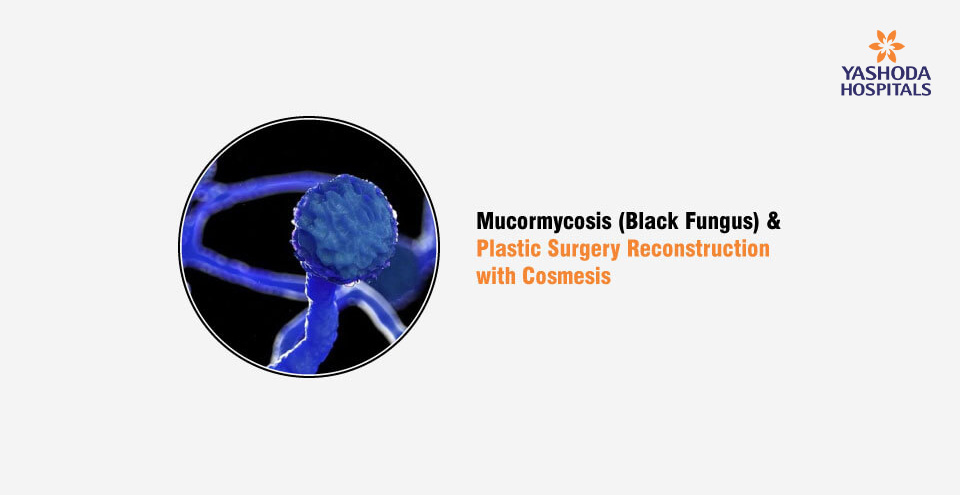
Post suffering or recovering from COVID-19 infection, many patients have been diagnosed with a new disease called the Black Fungus. The course of the treatment for the mucor could be both surgical or medical. Most commonly, the initial areas that get infected by the mucor are the sinuses. The infection may eventually spread to the orbit (eye socket), cheekbone (Maxilla), palate, and base of the skull and brain. Such a case might be considered severe. The initial treatment for these infections is the surgical removal of the infected material from sinuses and other areas combined with antifungal injections. The infections might sometimes involve the surrounding bones and muscles, as well as soft tissues. In such a case, the involved areas must be quickly removed to control the infection and reduce the load on medicines.
Can Covid and Black Fungus affected people face some other problems in the future?
With the number of COVID-19 infections decreasing, the number of Black Fungus cases is also coming down. Patients who have survived both the Covid and Black Fungus infection may face new problems at some point in time. This is because of the disfigurement and the removal of infected bones and soft tissues of the face. It causes multiple facial deformities, the sinking of the eyeball (due to removal of the floor of the orbit), palatal fistulas leading to communication between nose and mouth, loss of jawbones, and many more.
Can the deformities caused by the black fungus be corrected?
These kinds of disfigurements present a unique and pressing challenge to the medical fraternity, more so, for plastic surgeons who perform the reconstruction. There are multiple options for reconstruction depending on the type of defect. This process generally involves replacing the lost tissues with similar ones harvested from the rest of the body.
How is plastic surgery done for Black Fungus?
Microvascular surgery plays a pivotal role in the reconstruction of defects, especially the bigger ones involving multiple segments of the face. The most common include loss of cheekbone or jawbones (both upper and lower jaws). Reconstruction of these defects involves the transfer of Fibula bone (thin leg bone) with its blood supply and some skin to the defect by the fungus. The fibula once harvested is shaped according to the defect by using a defined technique of Osteotomies, and fixed with plates and screws. Post which, by using microsurgical techniques the blood vessels of the bone are joined with the blood vessels of the neck to make the bone survive in its new place. But before embarking on this tedious process, it is imperative that the patient be free of any fungal infection and has to be symptom-free for some considerable time.
Does it always involve major surgeries to correct the deformities due to black fungus infection?
Sometimes the defect is small and involves only the soft tissues, like uneven prominences of the cheek or the sunken eyeball appearances. In such a scenario, the underlying bones will be normal, and hence, filling up the defects will be sufficient. The best method is Autologous fat injections. This method is done by harvesting the fat from the patient’s thigh and processed and concentrated in a centrifuge. After centrifugation, the residual concentrate is rich in fat cells. This concentrated fat is then injected into the target area to fill and thus correct the discrepancy.
Thus, using advanced Plastic surgical techniques, reconstruction of the disfiguring facial deformities can be done in those patients coming out of the Black Fungus infection. This technique provides hope to many people who have suffered immensely due to the COVID-19 and sequelae.
References
- Mucormycosis, CDC: https://www.cdc.gov/fungal/diseases/mucormycosis/index.html
- Mucormycosis: What to Know, WebMD: https://www.webmd.com/lung/mucormycosis-black-fungus-infection
- Mucormycosis, Medicine Net: https://www.medicinenet.com/mucormycosis/article.htm
- Mucormycosis, Healthline: https://www.healthline.com/health/mucormycosis
- Mucormycosis, Medlineplus: https://medlineplus.gov/ency/article/000649.htm

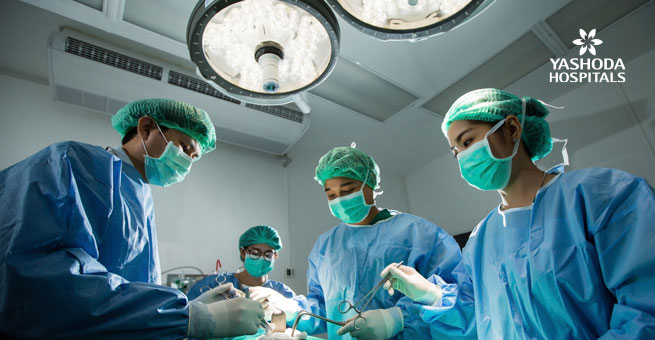
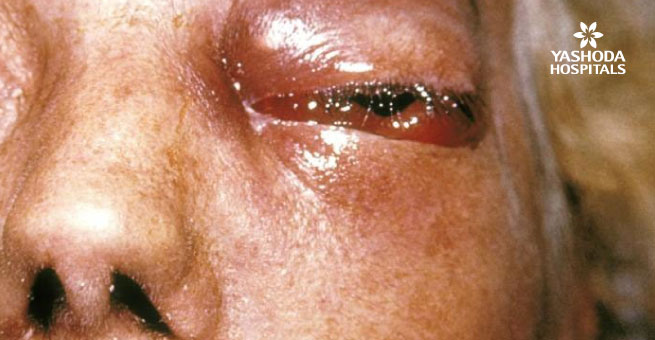
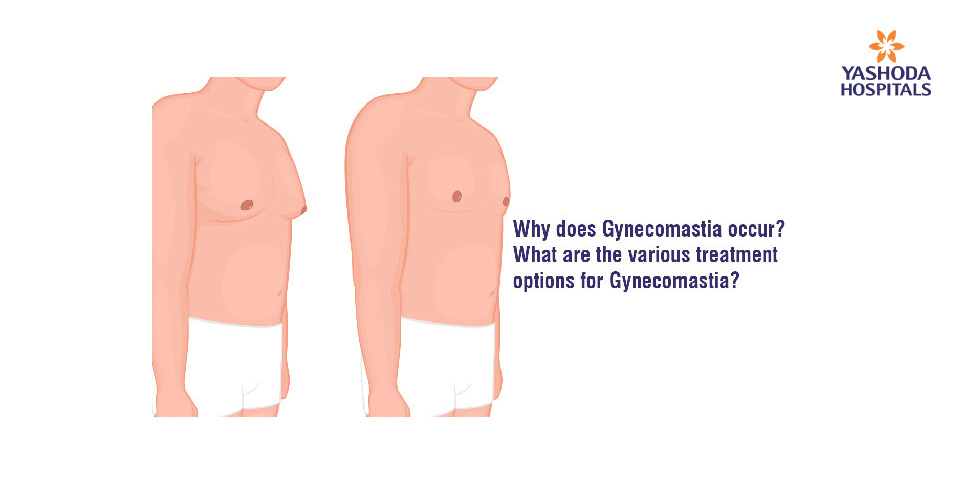

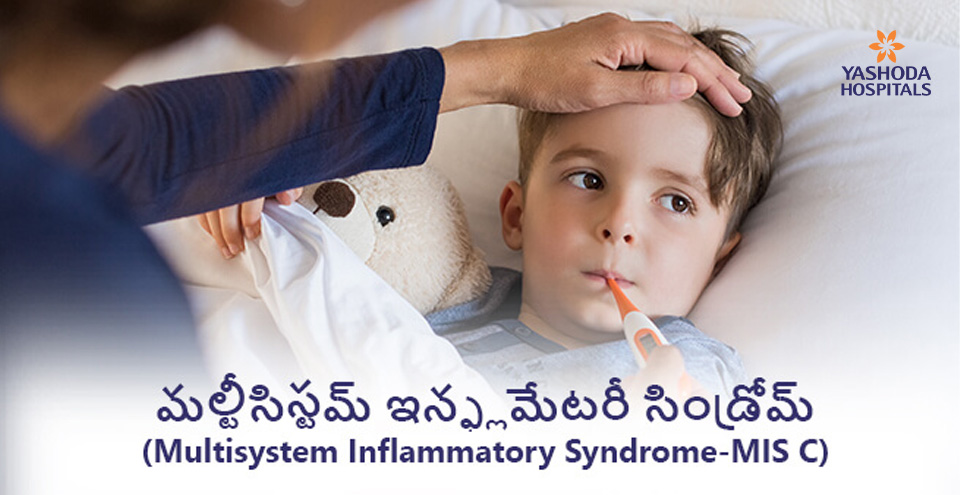

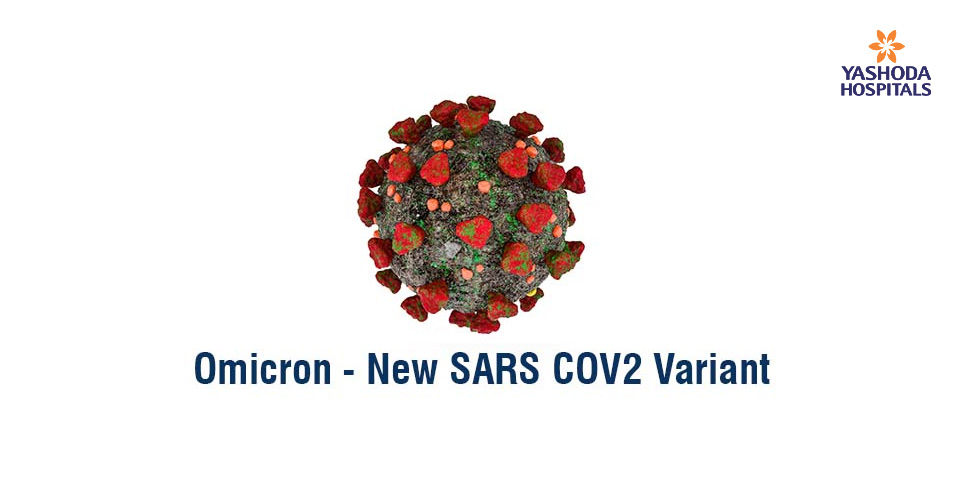

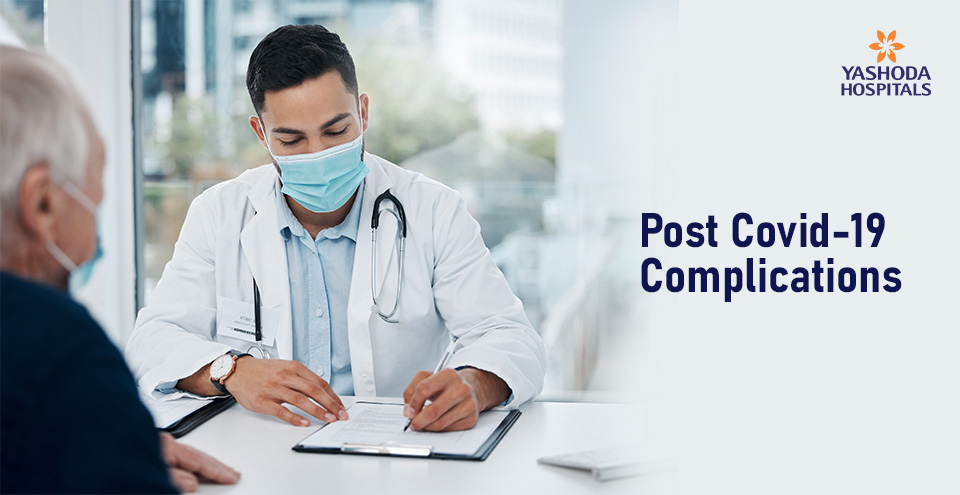
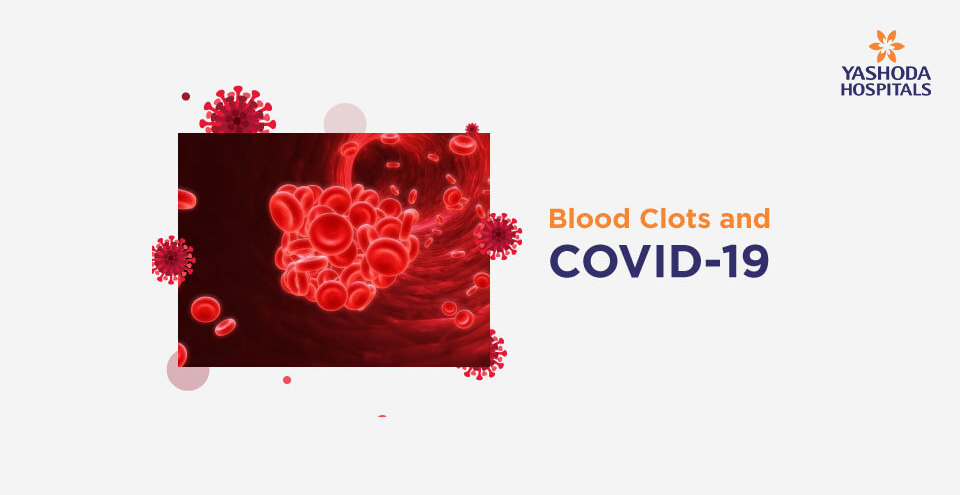
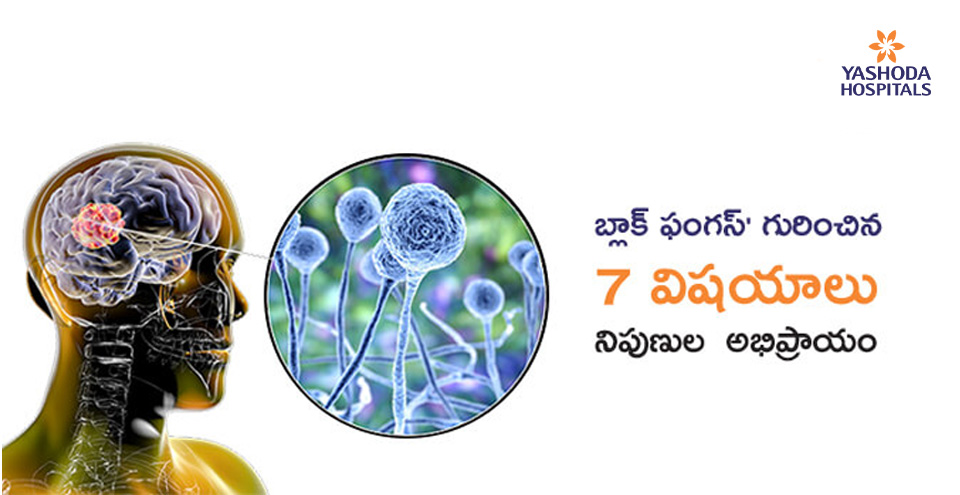
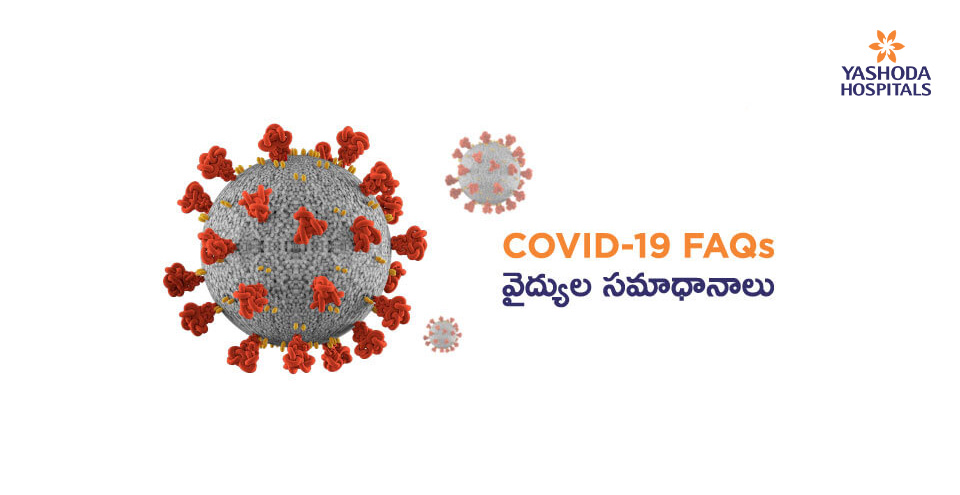
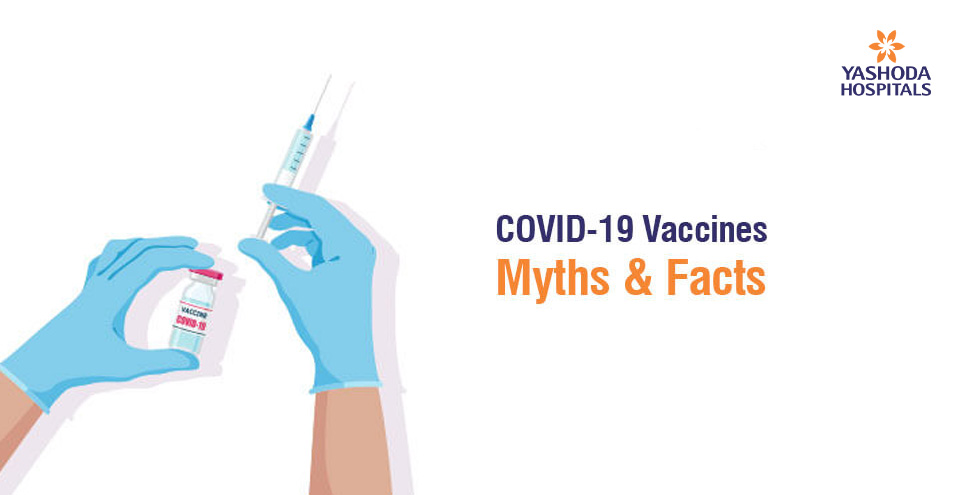
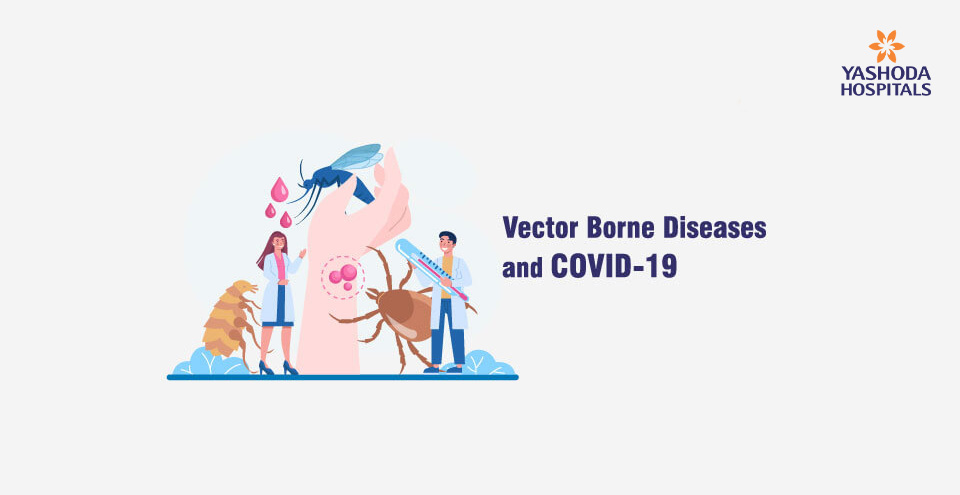
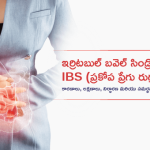

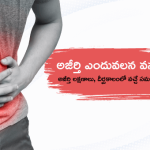


 Appointment
Appointment WhatsApp
WhatsApp Call
Call More
More

